Posted on 6/27/2025

Volkswagen Jetta and Passat models have long been favorites among drivers for their refined interiors, responsive handling, and strong fuel economy. While these vehicles are built with German engineering precision, they still come with a set of common issues that owners should watch out for, especially as mileage increases. Staying on top of these problems will help avoid breakdowns and maintain that enjoyable VW driving experience. Let’s explore the most frequent trouble areas in these two popular models and why early detection matters. Transmission Hesitation and Failure One of the more well-known issues, especially in earlier model years of the Jetta and Passat, involves automatic transmission problems. Drivers may notice hesitation when shifting gears, jerking while accelerating, or long pauses before the gear engages. In some cases, this ... read more
Posted on 5/30/2025
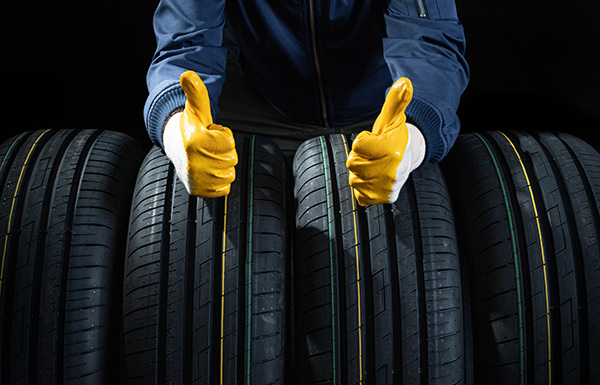
Tire maintenance often gets boiled down to a single task: checking the pressure. And while keeping your tires properly inflated is a key part of vehicle safety, it’s just one piece of a much bigger picture. The condition of your tires affects how your vehicle handles, how long your suspension lasts, and even how much fuel you burn. Whether you’re commuting across the Denver metro area or heading out for a weekend up in the Rockies, here’s why tire maintenance should go beyond just topping off the air. Proper Inflation Is Just the Starting Point Yes, tire pressure is important. Driving with underinflated tires increases rolling resistance, which hurts fuel economy and accelerates wear on the outer tread. On the other hand, overinflated tires wear more in the center and can make your ride feel stiff or unstable—especially on bumpy roads. But here’s the thing: Even ... read more
Posted on 5/12/2025
Modern vehicles are marvels of engineering, electronics and design, yet there are simple ways to extend vehicle life and improve your ownership experience – and none of them are complicated nor do they require sophisticated equipment. At South Denver Automotive we recommend: Regular Oil Changes: Oil changes are vital for your vehicle – they not only extend engine life, but they also give us an opportunity to spot developing problems and to nip them in the bud. Tire Rotation: It’s such a simple thing, yet rotating tires improves handling and ride comfort, and extends tire life as well. If you have bought tires recently, you know that savings can be significant. So if your vehicle has not had tire rotation within the last 6 months, mention this during your next service visit. Fluids Checks: Regular fluid checks are vital to the well-being of your vehicle. At South Denver Automotive we can check a ... read more
Posted on 4/25/2025

If you've spent any time on Colorado roads, especially around Denver or the mountain towns, you've probably noticed a sea of Subarus. From Outbacks and Foresters to Crosstreks and WRXs, Subarus are everywhere in the Centennial State—and that’s no accident. Their strong presence isn’t just about style or brand loyalty; it comes down to practicality, capability, and trust. So, what makes Colorado such a Subaru stronghold? The answer lies in a combination of terrain, weather, and a culture that appreciates vehicles built for the outdoors. All-Wheel Drive Comes Standard One of the biggest draws of Subaru vehicles is that most models come standard with Symmetrical All-Wheel Drive (AWD). While other automakers reserve AWD for premium trims or only offer it as an add-on, Subaru includes it as a baseline feature in nearly all their vehicles. That matters in Colorado, where changing road conditions are part of daily life. Snow and ice are common in ... read more
Posted on 4/13/2025
Welcome to South Denver Automotive, the premier auto repair shop in Denver. We offer complete car care – whether you drive a Toyota Corolla, Honda minivan, or a Ford F-250. Our Denver auto repair shop offers everything your vehicle may need, including brake service and repairs. Brake system reliability means safety for you and your passengers, so at South Denver Auto we take brake maintenance and repairs very seriously. Whether you vehicle is equipped with disk brakes or drum brakes, you can count on our nationally ASE certified technicians to perform through testing before and after repairs, to make sure that any brake work is done right – the first time. Our technicians are equally skilled at working on disk brakes as well as drum brakes, so whether your vehicle requires brake pads replacement, caliper replacement, whether it needs brake shoes or new brake rotors, we can get the issue diagnos ... read more
Posted on 3/28/2025
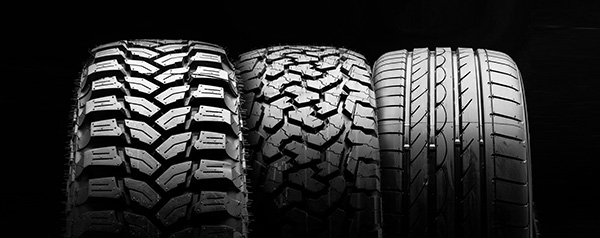
Denver’s roads can be unpredictable, with dry, sunbaked pavement one day and icy streets the next. Choosing the right tires for your car isn’t just about longevity—it’s about safety, performance, and adapting to the ever-changing weather. If you’re driving in and around the city or taking weekend trips to the mountains, having the right tires can make all the difference in handling and control. Here’s what you need to know when picking the best tires for Denver’s climate. Tire Selection is Important Denver’s climate doesn’t make things easy on your tires. From scorching summer heat that wears down rubber to icy winter conditions that demand extra grip, your tires have to handle a little bit of everything. Poor tire choice can lead to: Reduced traction on wet or icy roads – leading to longer stopping distances and an increased risk of skidding. Faster wear and tear – extreme temperature shifts cause t ... read more
Posted on 2/28/2025
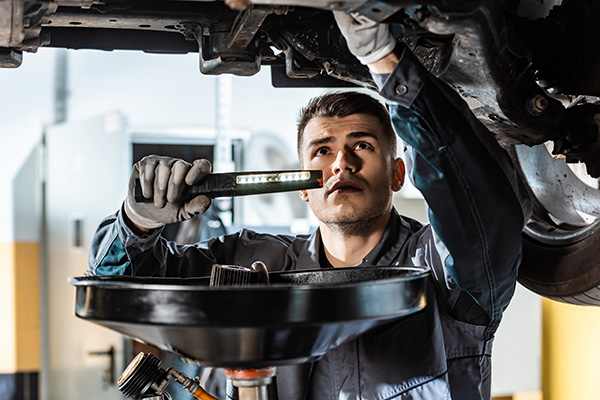
Keeping up with oil changes is one of the easiest ways to extend the life of your vehicle. Fresh oil keeps your engine lubricated, prevents overheating, and ensures all its moving parts work efficiently. But how often should you change your car's oil? You might have heard the classic rule of every 3,000 miles, but that’s not always the case anymore. Factors like your driving habits, the type of oil you use, and even the local climate play a role in determining the right oil change schedule. For drivers in Denver, CO, things like high-altitude driving, fluctuating temperatures, and stop-and-go traffic can all impact how frequently you should change your oil. Let’s go over what you need to know to keep your engine protected. What Determines How Often You Need an Oil Change While the old-school recommendation was every 3,000 miles, modern engines and synthetic oils have changed that rule. Many newer vehicles go 5,000 to 7,500 miles between oil changes ... read more
Posted on 1/31/2025
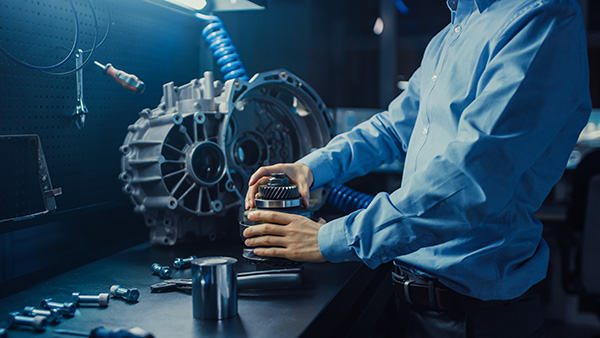
Have you noticed your car struggling to change gears or heard strange noises coming from under the hood? These could be signs your transmission needs some attention. Your car’s transmission is responsible for transferring power from the engine to the wheels, making it a vital component for a smooth ride. Ignoring transmission problems can lead to costly repairs or even complete failure, but getting it fixed on time ensures a safer and more efficient drive. The Role of Your Car’s Transmission Think of the transmission as the heart of your vehicle’s drivetrain. It adjusts power levels, enabling your car to accelerate, decelerate, and maintain steady speeds. Whether your car uses an automatic or manual transmission, its performance heavily depends on its condition. When the transmission isn’t functioning correctly, you might experience gear slippage, delayed shifting, or difficulty staying in gear. These issues don’t just affect your drivi ... read more
Posted on 12/30/2024
2024 has been stressful in many ways, and as societal changes accelerate, we all feel more stress. Many stressors cannot be easily removed, but some can. At South Denver Automotive we offer hassle-free automotive maintenance and repairs. Reliable transportation reduces day-to-day stress, and lessens probability of “collateral damage” that comes with missed appointments or breakdowns in the middle of nowhere. Our Denver auto repair shop offers comprehensive car care that will keep you vehicle serving you faithfully for years to come. When you bring your vehicle to South Denver Automotive, our nationally ASE certified technicians will use state-of-the-art diagnostic tools to find the root cause of any problem your vehicle may exhibit. Once we know the cause, we can estimate time and cost to bring your vehicle back to its normal performance. If you have any questions before or after you bring your vehicle to us, do not hesitate to ask our service advisors – they will ha ... read more
Posted on 12/20/2024
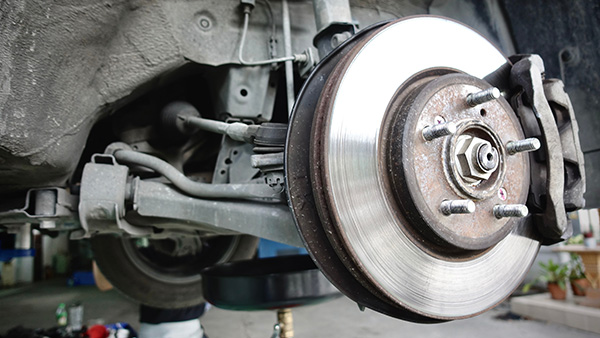
Brakes are one of the most critical safety features of any vehicle, yet they’re often overlooked until something feels “off.” If you’re driving through the bustling streets of Denver, CO, you know how important responsive brakes are, especially with sudden stops and mountainous terrain in the mix. However, brake problems can creep up without warning, turning a routine drive into a potential hazard. Understanding the common brake issues Denver drivers face—and what causes them—can help you stay safe and avoid costly repairs in the future. Why Are Brake Problems So Common Driving conditions in and around Denver can be tough on your braking system. With frequent stop-and-go traffic, steep grades, and unpredictable weather, your brakes are constantly under pressure. Combine that with the region’s fluctuating temperatures, and you have the perfect wear-and-tear recipe. Even everyday habits, like riding the brakes downhill or ... read more